Planned Giving in Islam
Hafiz Yaser Ali and Professor Patrick Rooney
March 14, 2023

Hafiz Yaser Ali and Professor Patrick Rooney
March 14, 2023
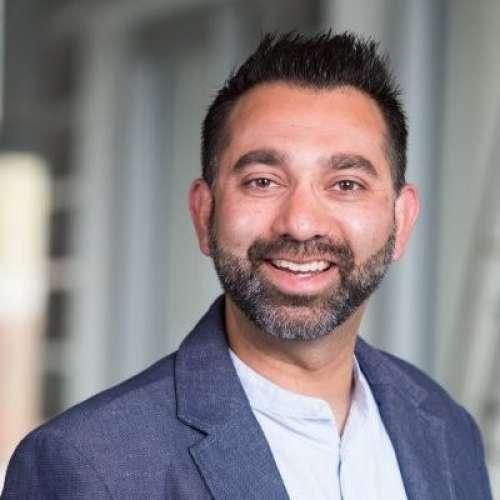

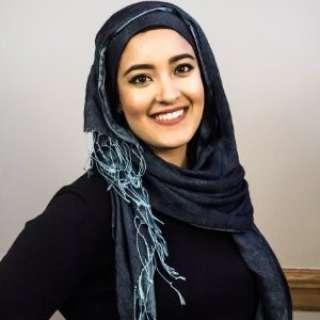
Senior
Hadeal Attal
Directorof Development
(Moderator)
Regional Director of Development
Planned Giving Liaison
Nadeen Mustafa MunifDoes not have a documented Will Unknown
Has a documented Will
Documentation of Will
Not familiar at all
Have some knowledge Neutral
Very familiar
Familiarity with Planned Giving
• Introductions
• What is Planned Giving
• Giving Trends
• What makes an Estate Plan Islamic
• Islamic Inheritance Law in the uran • Importance of Estate Planning in the U.S
• Benefits of Last Will and Testament • Benefits of a living Trust

Glenn Family Chair in Philanthropy
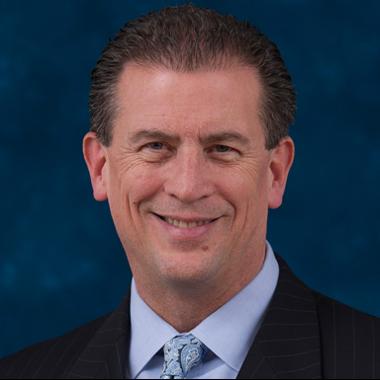
Professor of Economics and Philanthropic Studies
rooney@iupui.edu
Hafiz Yaser Ali
Islamic Estate Planning Attorney
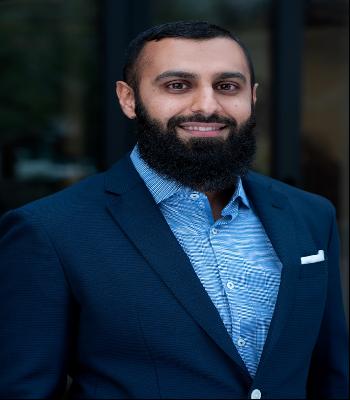
Licensed in Arizona and California
yali@yaseralilaw.com
• Planned Gift = Legacy Gift = Ultimate gift = Deferred Gift, - and Not an annual fund gift
- Often enables a donor to give more to a charity than they could afford to cash flow comfortably during life.
• Normally, a permanent commitment, but usually revokable
• Planned gifts often occur at the death of a donor (or nd death in a couple).
- Charitable bequests: transfers of an asset in a will.
- Revocable trust: or living trust: donor can cancel or change terms up until death.
• Irrevocable trust: donors cannot modify terms of these trusts. - Because donors do not control these assets, the income is no longer taxable.
• Charitable remainder trust (CRT): a trust that provides income for a donor (their lifetime), and in some causes for a spouse or others (for their lifetime[s])— before generating a gift to charity. -
Donors may receive an immediate income tax deduction. -
Income from the investments is also tax exempt. -
Assets donated to a charity are not counted for the donor’s estate tax. -
CRTs are irrevocable.
• Charitable Gift Annuity (CGA): donor makes a gift now to a charity to invest, and receives a tax break (partial) and fixed, regular payments of life.
- Typically, greater returns than low or zero-risk investments.
- Value may diminish over time from inflation.
• Blended gift: combines current and planned gifts.
• Legacy society: recognition group for planned donors.
Source: Eden Stiffman, Chronicle on Philanthropy, (2/27/2015)
In will one can specify:
- Specific $ amount for a specific charity(s)
- Specific % of the assets in the estate
-
Residual amount (or %):
‣ E.g., $X per child; $Y per grandchild; ‣ Residual amount donated to a charity(s)
Now: In , the fifth of top largest gifts was a bequest. - $ mil from Ruth DeYoung Kohler II
-
About % all total bequests that year. Top bequests always huge factor.
• Then: Before his death, Carnegie had given away $ million, but had $ million left, which he donated at death.
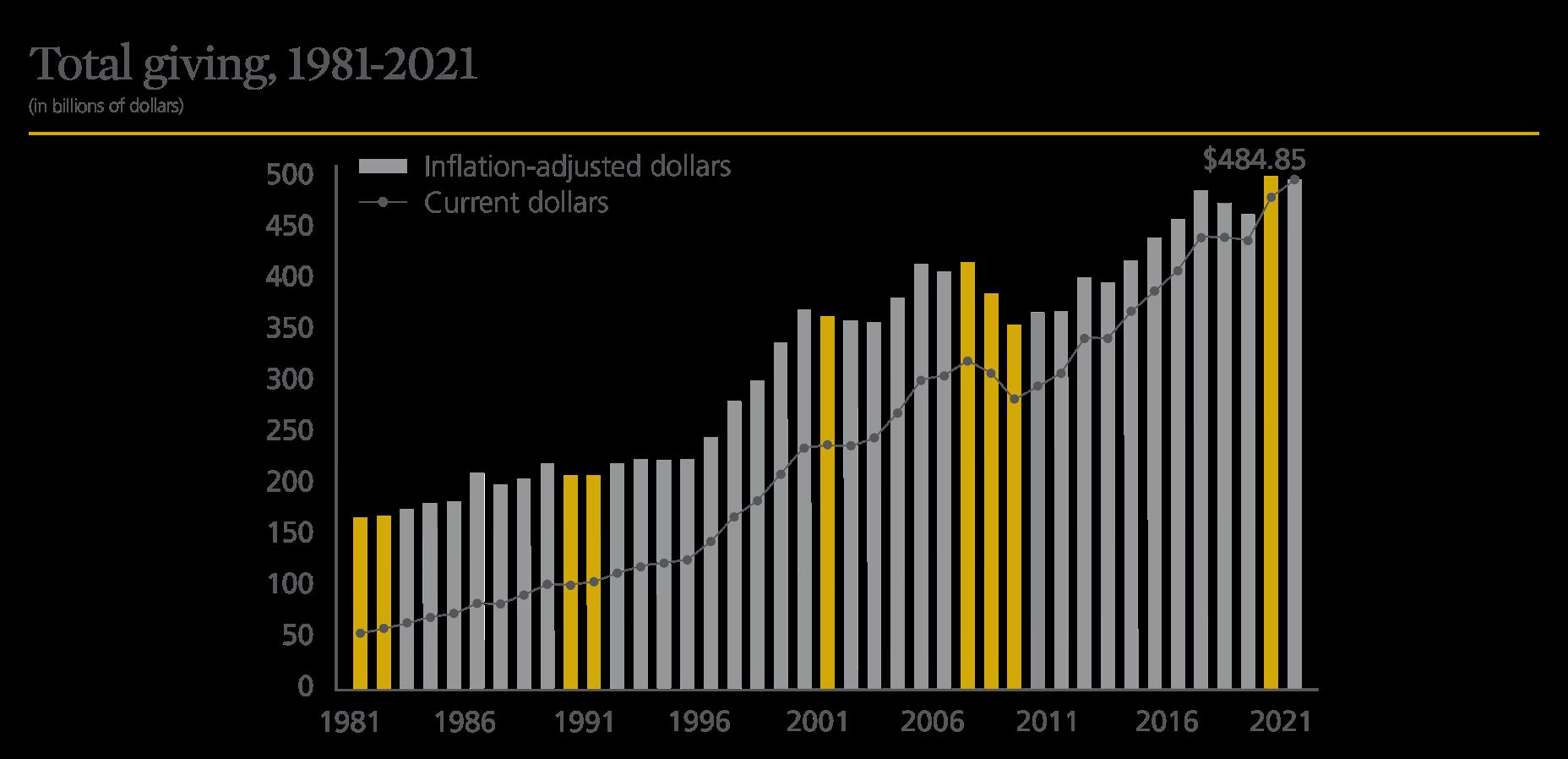
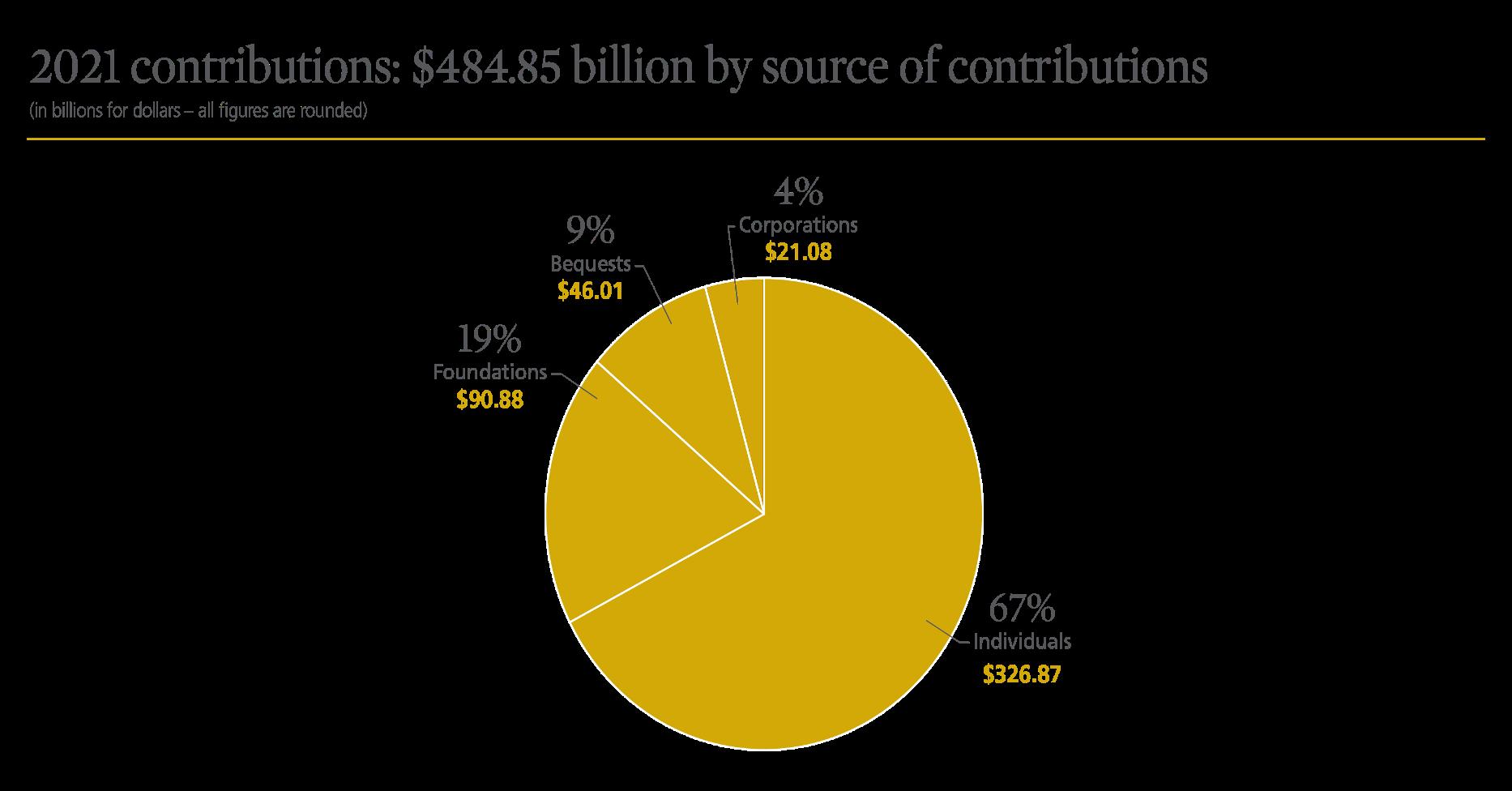
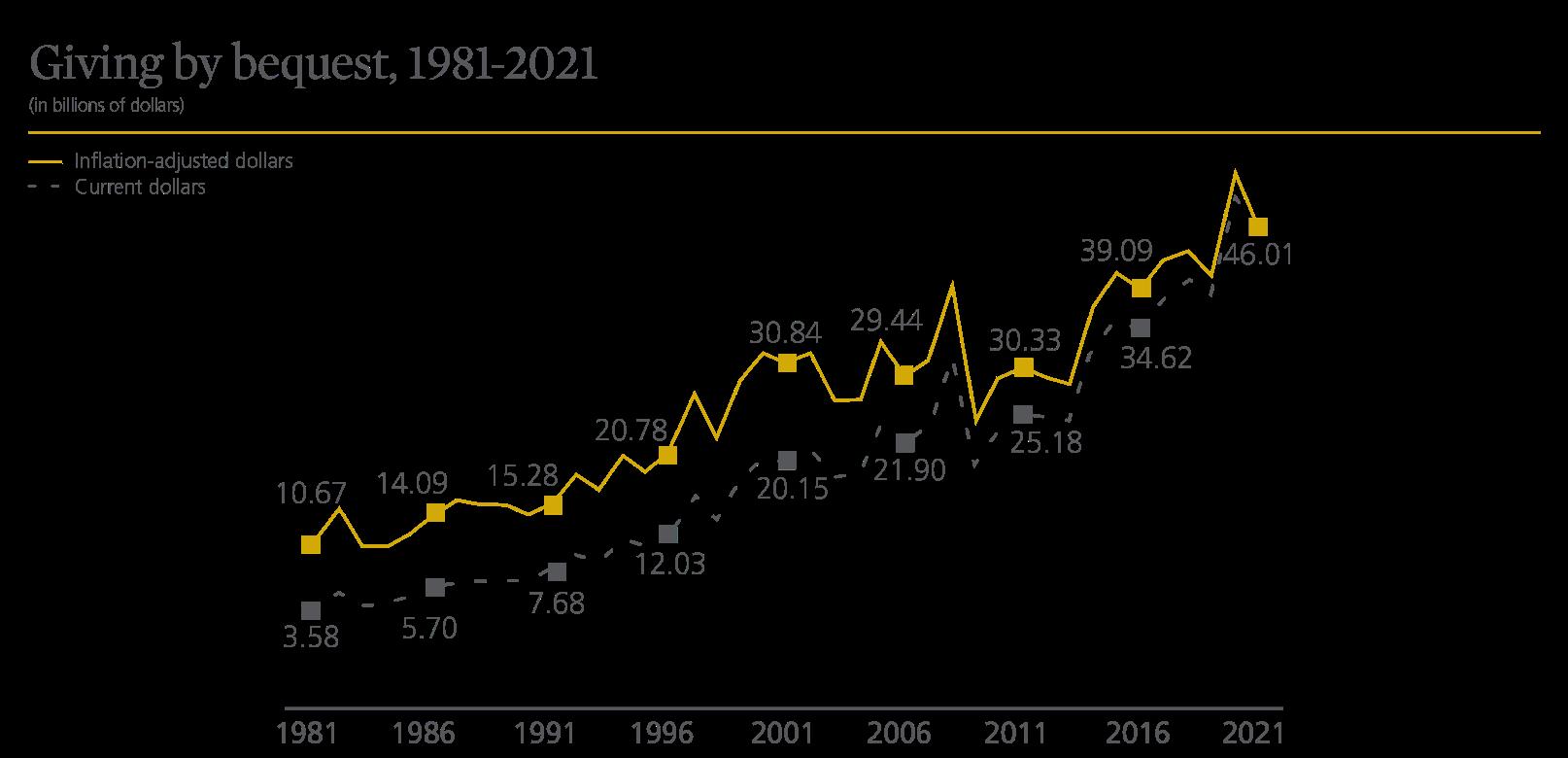
• Wealth belongs to Allah SWT. We are just trustees.
• “Prescribed for you when death approaches [any] one of you if he leaves wealth [is that he should make] a bequest for the parents and near relatives according to what is acceptable – a duty upon the righteous” Surat Al Baqarah, uran 2:180.
• “It is not permissible for any Muslim who has something to Will to stay for two nights without having his Will and Testament written and kept ready with him.” Bukhari.
“Learn inheritance and teach it for it is half the knowledge and it will be forgotten, and it is the first thing to be taken from my Ummah” Ibn Majah.

Order of Distribution:


Wasiyah - Discretionary bequests up to 1/3
Islamic Heirs


1
A son receives twice as much as a daughter
If there are only female children, they split 2/3 equally.

If there is only one daughter, she receives 1/2.
6

If there are children, parents receive 1/6 each.
If no children or siblings, the mother receives 1/3.
If no children, but siblings, the mother receives 1/6.

1 OR
If a married woman dies without children her widower receives 1/2 of her estate; if she had children, he receives 1/4.






3
In general, if males and females are of the same rank, males receive twice as much as females.
2 OR
If a married man dies without children his widow receives 1/4 of his estate; if he had children, she receives 1/8.
4 OR
Maternal siblings are one exception to the above rule. If there is only one maternal sibling, he or she receives 1/6. If there are two or more, they share 1/3.






Name Guardians for Minor Kids
Name Personal Representative for Estate
Must go through Probate Process
Does not control any jointly- owned assets
Beneficiary Designations or assets
Dictate who gets Separate Probate Assets
Minimal Planning Opportunities
Cost: Typically $500+


Incorporate strategic decisions about when children should inherit and how clarify ownership and control

Valid in every state.
Avoid probate upon death and structure distributions according to Islamic Law



Incorporate strategic decisions about when children should inherit and how clarify ownership and control


Valid in every state.
Avoid probate upon death and structure distributions according to Islamic Law

% of businesses in America are family owned but few survive after death of founder.
Unpaid Zakah, Missed Prayers, Unfulfilled Hajj along with Sadaqah Jariyah opportunities which can be used to build sustainable institutions.
Irrevocable trusts can protect you and your family from Creditors and Predators